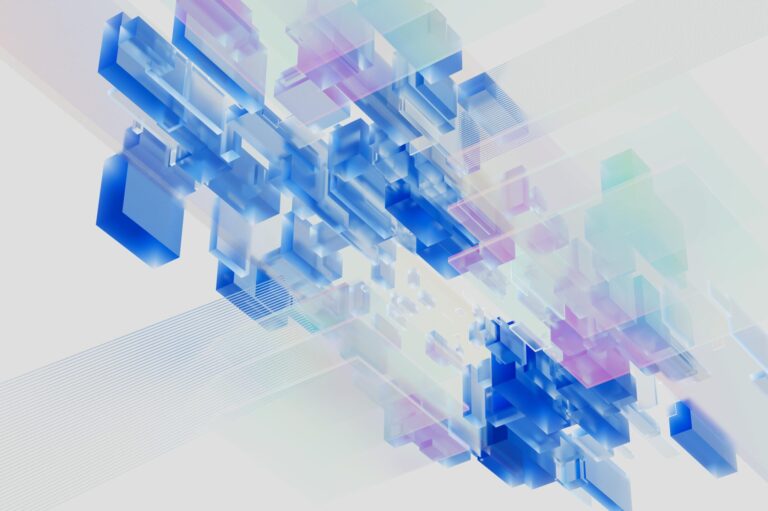
In the world of advertising, Out of Home (OOH) is the granddaddy of them all, with its origins dating all the way back to the dawn of time when flyposting was first used to drum up interest in products and services. Today the medium looks very different, with imposing billboards complemented by dynamic digital displays that we see on the streets we walk, the transport systems we navigate and our places of work. But the aim remains the same – to grab the attention of consumers.
Its omnipresence means that in the UK, OOH reaches 98% of the population at least once a week, with around $1.6 billion spent in the market each year, and billions more globally. The power of OOH is not in dispute but it is historically a sector that has proven difficult to measure, thought of as a passive advertising method when compared to online or television.
But the march to digitisation is disrupting every area of industry and Talon Outdoor believes there is an opportunity to fundamentally change OOH, bringing the sector into the 21st century. Despite only being established in 2013, Talon Outdoor is now the UK’s leading OOH agency, having built a reputation for working seamlessly between agencies, clients and media partners.
Saving and Talon handles OOH media for several of the UK’s leading advertising brands including Omnicom Media Group UK agencies, Havas Media Group and others including AMS Media Group, JAA, Goodstuff, Ptarmigan Media and Republic of Media, while the business has also recently opened a North American operation.
Understanding the need to digitise, it appointed Josko Grljevic as its new Chief Transformation Officer in 2018 where he found a business bursting at the seams with talent boasting expert knowledge of the OOH market. Talon Outdoor had a wealth of IP, but, he says: “It was all locked up in people’s heads.”
As one of the sector’s leading lights, there was clearly an opportunity to digitalise not just the company but the wider industry as well.
“The world is moving down a digitisation route, everything is going online. So, we had to solve how to transform the world’s oldest advertising medium – a legacy and offline medium – into a digital one, not just in the way that the screens are digitised but the entire end-to-end business journey.”
The decision was made to press ahead with a company-wide technology transformation, to code this highly valuable and specialist knowledge into digital platforms that would be of huge benefit to the company and its clients and partners. Today, Talon boasts a trio of proprietary tech platforms that allow internal and external users to engage seamlessly with OOH and simplify what can often be a fragmented and complex environment.
One of the jewels in the crown is Ada, an OOH data management platform, which collates billions of data points to create meaningful insights on customer behaviour, campaign management and audience targeting. Grljevic calls it “the best Out of Home data management platform in the UK, if not in the world”.
Talon’s Product Strategy Director, Georgie Rumble, tells Digital Bulletin that Ada has and will continue to be an integral part of its strategy. “When we began creating Ada three years ago, what we wanted to do was build a platform that would enable advertisers to look at outcome-based measurement to create opportunities for omnichannel planning in Out of Home, and to build behavioural audiences.
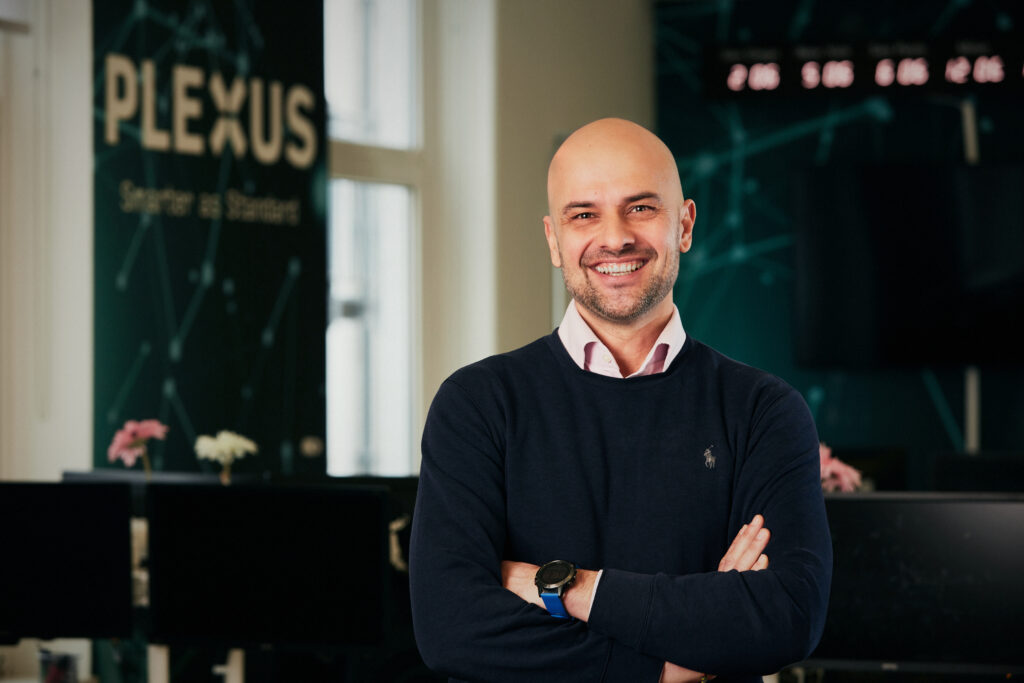
When “We have built the platform with the ability to report on footfall data, which has been a really interesting element for our clients to understand people who are seeing an Out of Home campaign and therefore taking an action and visiting a certain location. They’ve been able to understand not just their own footfall, but also those of their competitors. We’ve seen great results and insights by using the platform in that way.”
McDonald’s was one of the launch partners for the platform and has utilised Ada consistently over the last three years, generating quantifiable return on investment, while Google has also been a regular user. It is an impressive roster of clients.
“When it comes to more varied key performance indicators, we’ve also run a project which looked at campaigns that have used Ada to optimise their schedules versus general distribution out of home campaigns. And what we’ve seen by using Ada, we can increase consideration by 53% versus normal Out of Home campaigns.”
Alongside its multinational clients, Rumble says the platform is helping smaller businesses reach their desired audiences.
Sahaj Software
“A jewellery brand came to us with an audience it wanted to reach for Valentine’s Day weekend. It ran the Out of Home campaign in proximity to the store it wanted to drive footfall to and saw a huge increase when compared to its competitors. Compared with pre-campaign, it achieved a significant increase, so it really shows that Ada can be used to reach the right people and really drive those important metrics.”
A central theme of Talon’s ambitions is to improve both itself and the industry is to utilise technology to automate, simplify and optimise outcomes, removing many of the historic overheads from day-to-day advertising operations.
It is that philosophy that led to the creation of Plato, an automated trading platform which aggregates all OOH inventory into a single, intuitive campaign planning and delivery system. It allows users to explore, plan, check availability, reserve and trade paper and digital inventory across multiple markets.
But as with any digital transformation, the technology is only as good as the people using it.
“Tech is a fantastic catalyst for digital transformation but it has to work in harmony and symbiosis with the culture. If the culture is not ready to adapt, and change, it doesn’t matter what you do on the tech front, it is not going to be successful,” says Grljevic.
The ambition for the Plato platform was “tough”, admits Amy Horton, Chief Product Officer, with the goal being to drive 100% of its UK bookings through the platform.
“When we started towards that target at the beginning of last year, we were probably putting through less than 5%. And we hit 100% of UK bookings through Plato by July. It was also about having everybody on board, making sure that everybody feels empowered to be part of the process. And to be honest, I think if we didn’t have a strong people culture, it would have been quite difficult because people really wanted the platform to work.”
“Our donor Horton says the two platforms have made a demonstrable difference to the level of service it is able to offer its partners and clients.
“Speed and efficiency are absolutely integral to everything that we do for our clients. Increasingly, we need to be able to turn around proposals for clients more and more quickly. And in order to be able to do that, we need to have information at our fingertips. Through our tech development, we’re able to access live availability, and to be able to option and book at the touch of a button.
“Previously, those processes would have taken literally days because, now we can literally do that at a click of a button. One of the senior people here always uses the example of if I wanted to find 48 sheets in Sheffield in June, it would take me three days to do that. And now we can do that in 30 seconds.”
Off the back of the success of Ada and Plato, Talon most recently launched Atlas, a transparent and completely automated audience-led planning and buying platform, that allows advertisers and agencies to activate campaigns intelligently all from within a single browser.
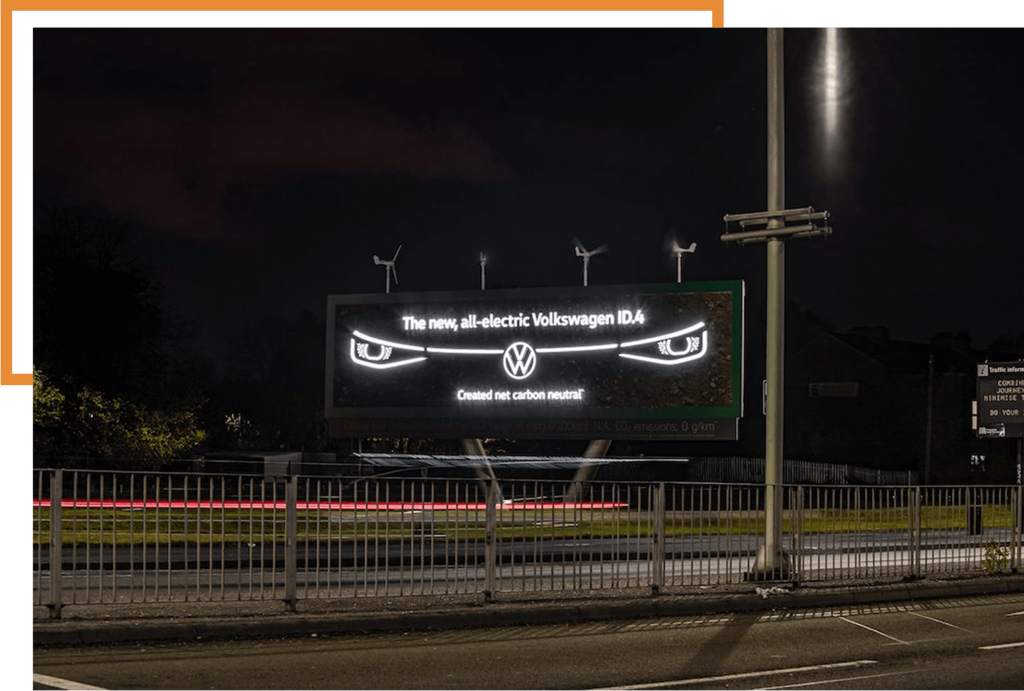
“It’s a spid It has been built to remove traditional complexities in the advertising space by connecting advertisers and agencies directly to media owners and to be fully transparent and accountable so that clients only pay for confirmed impressions.
The build of the three platforms represents a colossal undertaking, requiring no shortage of data science and engineering skill. But Grljevic says that those skills were simply not available to the business when he joined the company in 2018. “We didn’t really have anyone in the organisation that really understood technology or how to execute and build products.”
A decision was made to look for external partners to fast track the digital transformation agenda, and after an extensive search, Talon partnered with Sahaj Software Solutions. It has proven to be fruitful collaboration for both parties, to say the least.
“The reason we went to Sahaj was we believed they had the hardcore engineering skills. We trusted them to do what we needed them to do,” says Grljevic. “They were a fantastic outfit; great individuals, great backgrounds, with deep skills in data, engineering and data science.
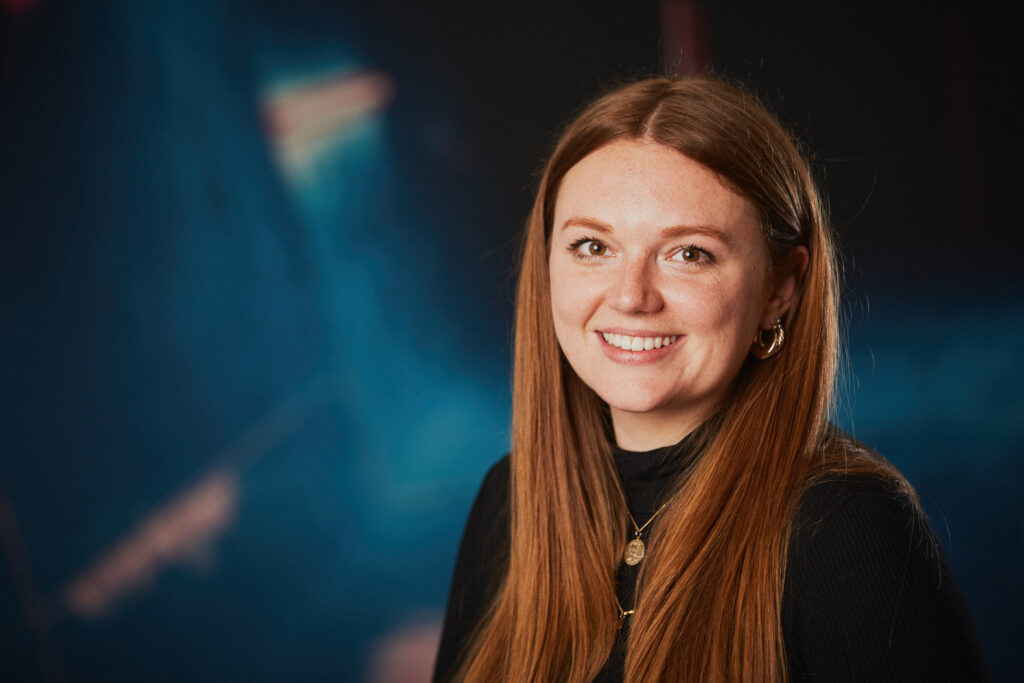
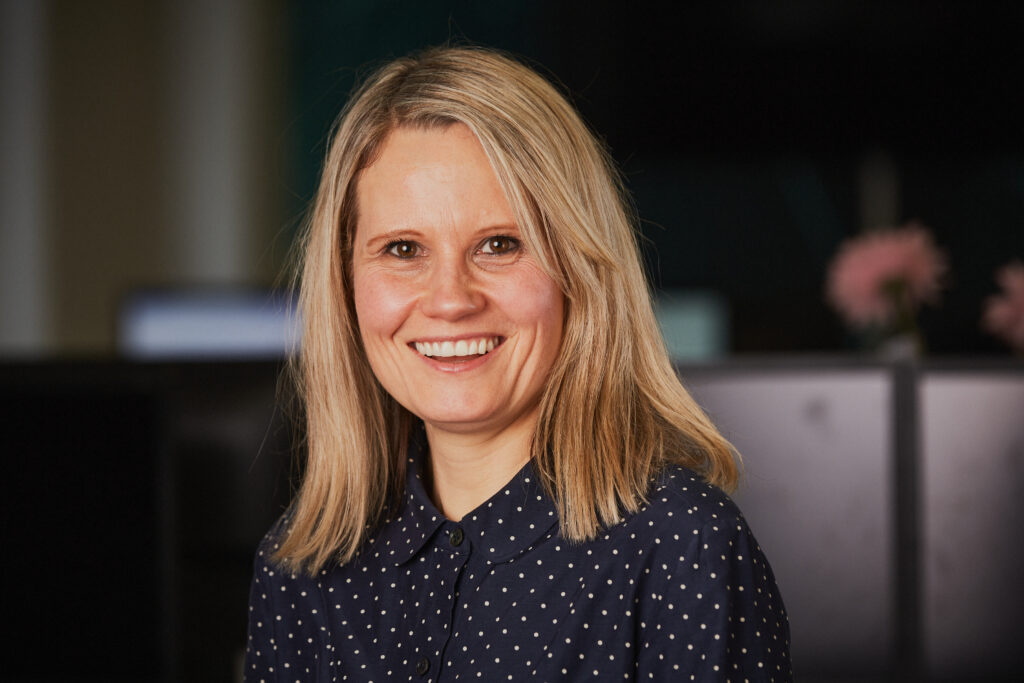
In building “They understood our business and they were keen to work with us as collaborative partners. And that partnership has built over the last three years to such an extent where we don’t treat them as an external company, they’re an extension of our business.”
Grljevic calls out the build of all three platforms as being highlights of working with Sahaj, with much of the work carried out to the tightest of deadlines.
“Together, we built an MVP version of Plato in four months, under immense pressure and challenging circumstances. We also managed to build a complete data management platform in a year, while transitioning the engineering from an incumbent and making multiple architecture and engineering modifications in order to introduce a heck of a lot of efficiency and scalability.
“The showcase of scalable engineering and collaboration was the manner in which existing Plato and Ada services were extended to build a brand-new DOOH [Digital Out of Home] programmatic platform in six months. Atlas was truly a product of digital innovation being executed in very challenging circumstances. We did it with Sahaj’s help and the reason we were able to do it so quickly is because they understood the challenge facing our core capabilities and the business as a whole.”
Such is the symbiotic nature of the relationship, Sahaj has previously approached Talon with ideas that it believes could help the business. Unable to commit time and resources to something at the concept stage, Grljevic reluctantly declined.
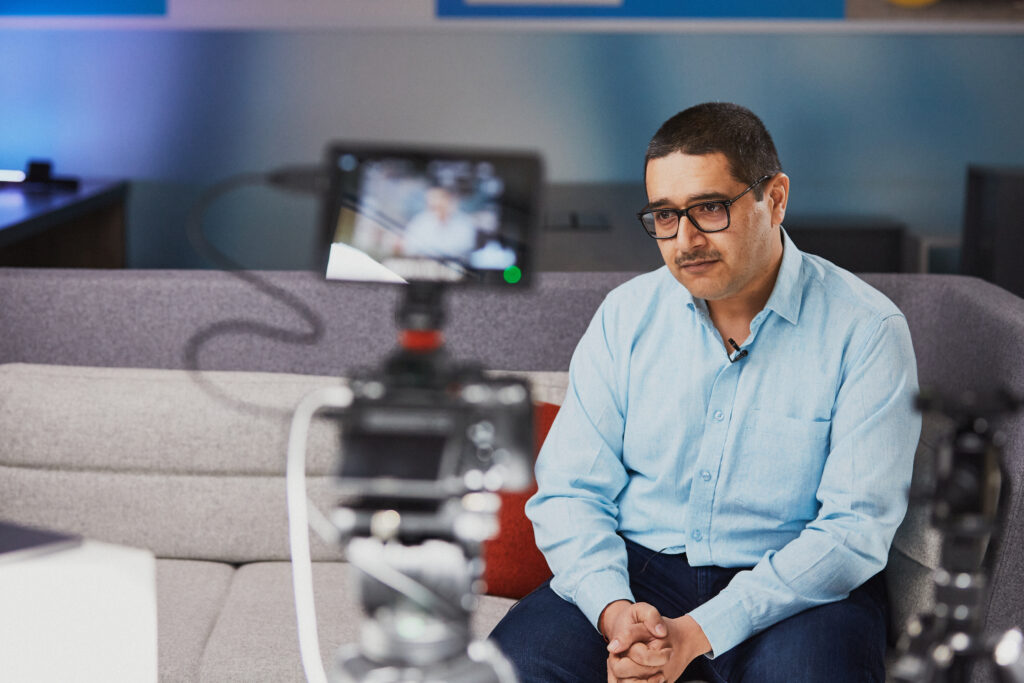
“They said to me, ‘Fine, we’ll do it as a project with our graduates, put a first iteration together and spend our own money on it. If at that point you think it flies, let’s pick it up’. We’ve done that with one of our key products, which is an inventory management platform, where they spent a couple of months building it at their own cost, showed it to us and proved that it had legs. We then invested in it, carried on, and it’s going to be a fully-fledged product that will be launched globally in the next couple of months.”
A global pandemic has added another layer of complexity, with Grljevic labelling much of the work done over the period as “a transformation within a transformation”. It is an experience that will surely hold Talon in good stead as it embarks on the next stage of its transformation journey.
“We are very ambitious so everything that was really hard to do to begin with became even harder, because we had to do it even quicker, we had to do it faster and we had to do it with everyone working remotely. The things that would normally take us 12-18 months to build, were built in six months. We launched a brand-new platform, a programmatic trading platform no less, and we went from concept to actually being a physical tangible asset in six months, and we put revenue through it a month later – that is unheard of.
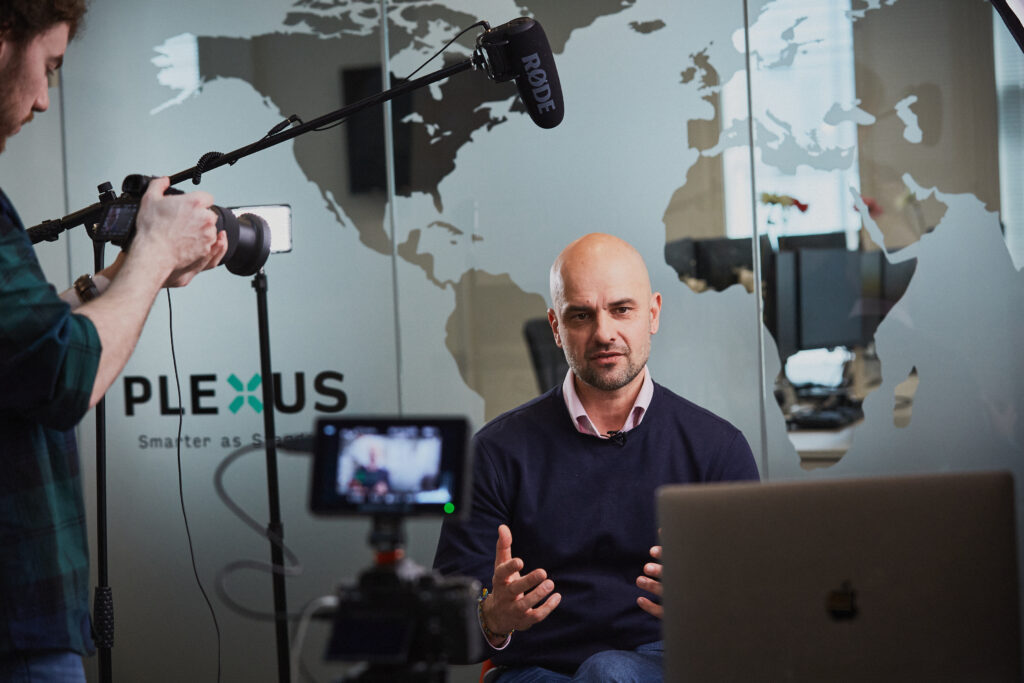
“That’s a testament to the people that we have, the technology that we’ve built and our ability to think strategically and come up with great, innovative ideas that were forced on us by our circumstances. And the reality is that over the next two to five years, change is going to be constant. Unless we can adapt to change, and unless we can adapt to new circumstances, we’re going to struggle.
“I think we’ve proven over the last 12 or 18 months that that’s in our DNA, and we’ve been very successful with it. We’ve demonstrated it, we’ve built great tools, great platforms, and our culture has shifted significantly.”
